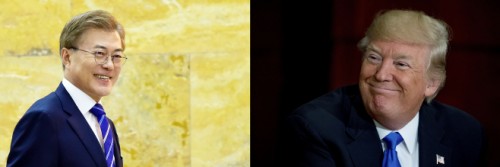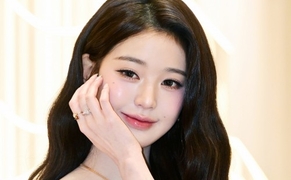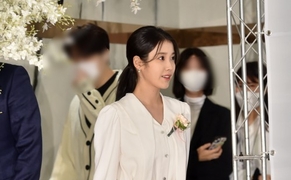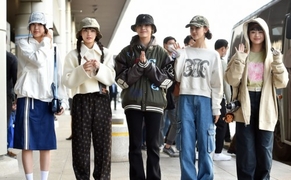 |
| President Moon Jae-in and U.S. President Donald Trump will hold their first summit in the U.S. on June 29-30./ Source: National Assembly Photo Press (left) / Washington AP=Yonhap News (right) |
By AsiaToday reporter Heo Go-woon
President Moon Jae-in and U.S. President Donald Trump will hold their first summit in the U.S. on June 29-30. U.S diplomatic experts advised that the upcoming summit should provide an opportunity for two leaders to bolster personal friendship and trust.
Yun Duk-min, former chancellor of the Korea National Diplomatic Academy, told AsiaToday on Wednesday, "The biggest goal of the first summit is to build a trust relationship. It's not appropriate to give too much explanation with great expectations."
"Trump is a person who cares about personal relationships," said prof. Min Jung-hoon of the Korean National Diplomatic Academy. "If Trump comes to think that Moon is an important and nice person, it will be a great help for US-South Korea relations in the future."
Prof. Min said that South Korea should refer to the cases of Trump's summit with Chinese President Xi Jinping and Japanese Prime Minister Shinzo Abe. "These summits are considered successful. Which policies they discussed and how specifically they discussed them wasn't the biggest concern. The important thing was that they laughed and talked together and that they built trust."
"Personal friendship and trust are built up from trivial things," said Dr. Jin Chang-soo, director of Sejong Institute. "It would be great if Moon shares that he fought for his country and people as a member of the Special Forces and that he has a deep interest in the Korean-U.S. alliance and peace on the Korean Peninsula."
The issues to dominate the agenda of the summit will be the direction of the South Korea-US alliance, the resolution of the North Korean nuclear threat, the realization of peace on the Korean peninsula, and economic cooperation. "The first summit won't focus on the controversial issues. The main agenda would be the North Korean nuclear issue since the U.S. is interested in it and it can be mutually cooperated," Prof. Min said.
Experts say that the Korean government should be prepared for the controversial THAAD deployment issue as well.
"If the S. Korea-US alliance and the North Korean nuclear issues are well coordinated, the U.S. will not tackle the THAAD issue. The government should be prepared for any situation because if two leaders are exposed to be awkward due to sensitive issues, the summit could do more harm than good," Prof. Min said.
Go Myung-hyun, research fellow at the Asan Institute for Policy Studies, said, "The United States might think that the South Korean government doesn't see the North Korean nuclear issue as critical as the U.S. sees due to its attitude towards the THAAD issue. The level of THAAD discussion should be determined by prior arrangement or, the Korean government needs to convey a visible message that removes uncertainty related to the THAAD issue.
"The U.S. side will avoid talking tough at the summit," Dr. Jin said. "It will be better to discuss specific agreements about THAAD, US-Korea FTA, and other controversial issues in the working level meetings."
#Moon Jae-in #Donald Trump #first summit
Copyright by Asiatoday
Most Read
-
1
-
2
-
3
-
4
-
5
-
6
-
7





















